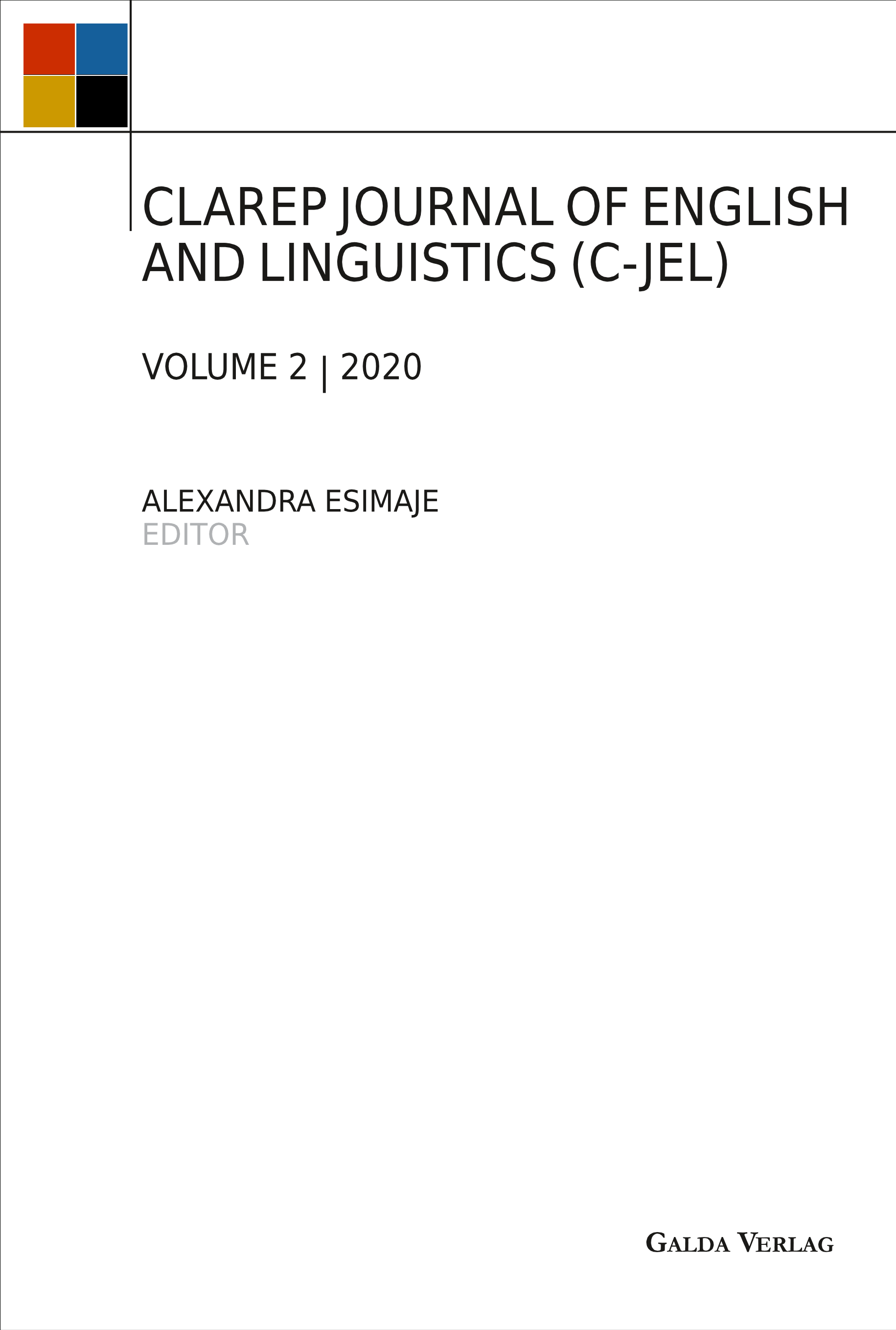Simulation and Depthlessness in Postmodern Fiction: The Examples of Chimamanda Ngozi Adichie and Teju Cole
CLAREP Journal of English and Linguistics (C-JEL)
Author: Emmanuel B. Adeleke
Institution: University of Benin
Email: emmanuel.adeleke@uniben.edu
Author: Dowell I. Oba
Institution: University of Ibadan
Email: dowell4real@yahoo.com
Abstract
This paper examines simulation and depthlessness in postmodern fiction using Chimamanda Ngozi Adichie’s Americanah and Teju Cole’s Every Day is for the Thief (Every Day henceforth) as illustrative texts. The theory employed in the paper is postmodernism with particular reference to Bennett and Royle’s postulation on simulation and depthlessness. The study finds that in Every Day, the use of the hyperreal competes with the reality of Lagos and creates a fictional form that makes it much more exciting. Simulation with the use of photographs in the novel is also employed to give a feel of the environment after the descriptions have been made. In Americanah, simulation with television performs the role of activating the consciousness of brands, places, people or things in the mind of Ifemelu, the major character. The paper concludes that in both novels there is conformity to the postmodern encouragement of astute observation leading to depthlessness in truth realisation. In this same vein, the truth in postmodern fiction is shaken up from consciousness without abiding to the thought processes of depth models, while simulation enables a joint participation between the reader and the narrator in the discovery process.
Keywords
Simulation, Depthlessness, Hyperrealism, Postmodern Nigerian Fiction, Postmodernism
Pages: 123-139
ISSN: 2698-654-X
ISBN: 978-3-96203-146-6 (Print)
ISBN: 978-3-96203-245-6 (PDF)
DOI: https://doi.org/10.56907/gz1n6z4t

